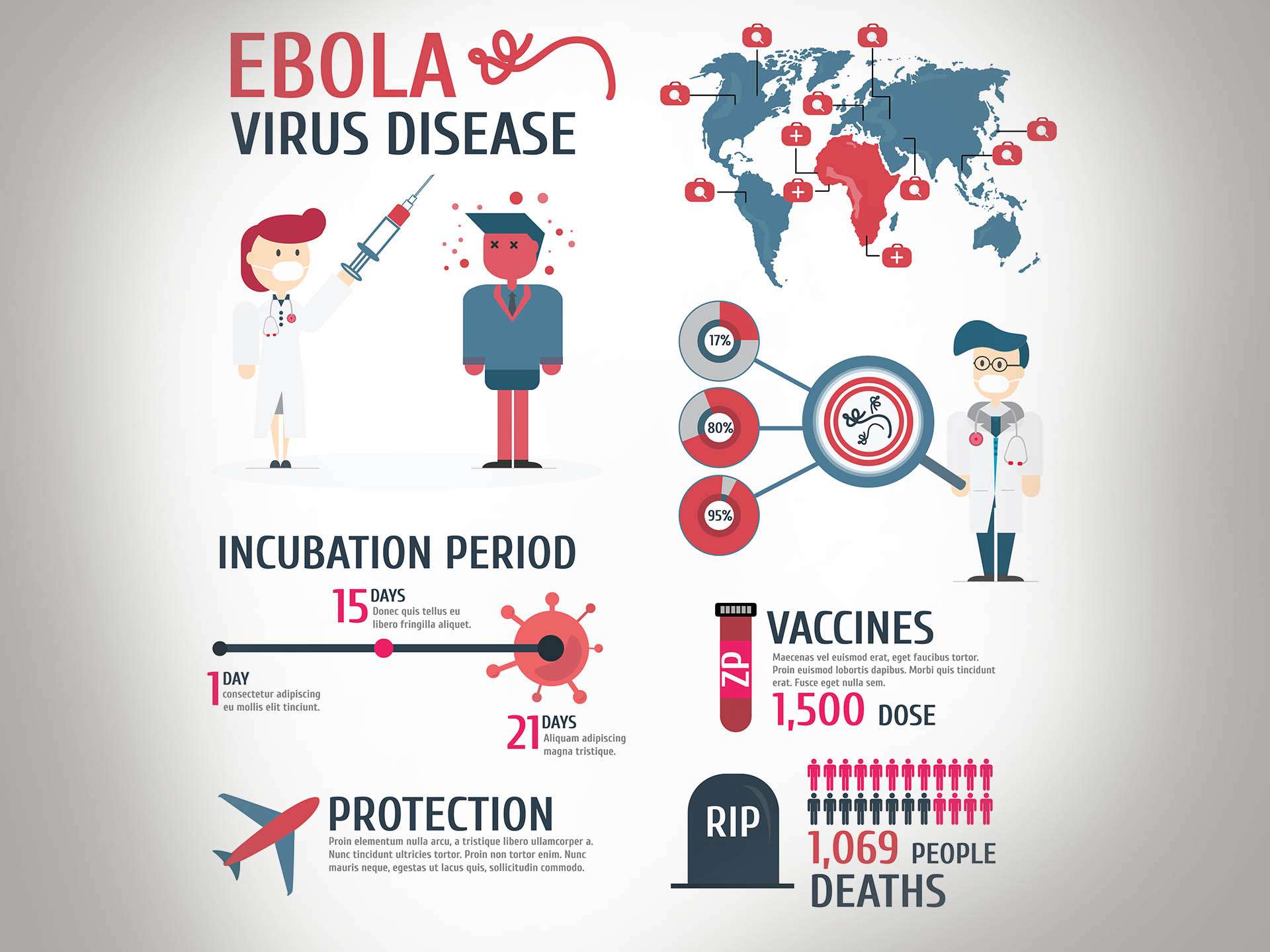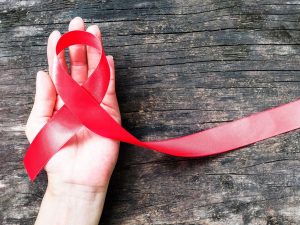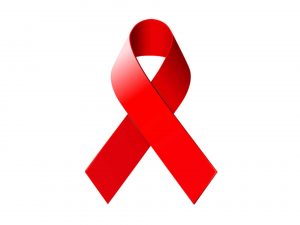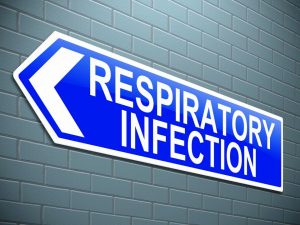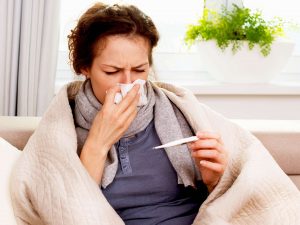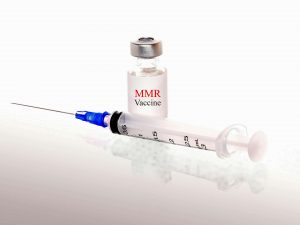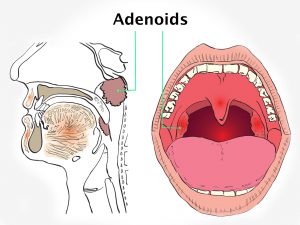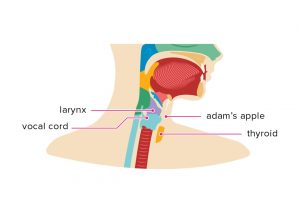Ebola Viral Disease, or simply Ebola, is a disease caused by the Ebola virus. The natural habitat of this virus is believed to be bats. Bats pass on these viruses to animals and from there it reaches humans. Though the virus lives inside bats, bats do not get infected by this disease.
How Ebola spreads?
Ebola viruses are spread through contact with the body secretions of the infected individual.
Using needles, syringes, and clothes of the infected individual also leads to the spread of Ebola.
What body fluids contain Ebola Virus?
Body fluids like blood, lymph, semen, breast milk, saliva, and sweat all contain the virus. Contact with any of these fluids can cause Ebola virus to enter your body.
Most people spread the virus through feces, blood, and vomit. The virus enters the body through skin, nose, mouth or any cuts, bruises, or wounds on the body.
Who is at risk of getting infected?
People who come in contact with the infected individuals are at the highest risk. This group is mainly comprised of the family members and health care workers like doctors and nurses.
People who dispose of the dead bodies of Ebola-infected individuals are also at a great risk of getting infected.
What are the signs and symptoms of Ebola?
The onset of Ebola is like any other viral disease. The symptoms take anywhere between 2 to 21 days to appear after the virus has entered the body. There is a sudden onset of fever of more than 100.9o F, sore throat, body ache, and general weakness. The patients also experience abdominal pain, diarrhea and vomiting, confusion, headache, shortness of breath and swelling of body parts.
As the disease progresses, there is bleeding into various organs, liver and kidney failure, petechial hemorrhages, and skin rashes.
What are the outcome and complications of Ebola?
Recovery from the disease starts anywhere between 7 to 14 days after the onset of symptoms.
Most of the patients usually never recover fully and complain of severe joint pain and hearing difficulties all their lives. Liver inflammation too persists. They develop antibodies against the Ebola virus that can last for about 10 years. Once recovered, the person can no longer transmit the disease. In the severe cases, death is mainly due to fluid loss, organ failure, and hypovolemia due to blood and fluid loss.
The major complications of Ebola are due to the bleeding. Majority of the cases develop hypovolemic shock. Liver and kidney failure are also common complications. Towards the end stages, most of the patients go into coma.
How is the disease diagnosed?
The diagnosis is made by studying the RNA of the virus, isolating the virus or the antibodies against the virus.
How is Ebola treated?
There is no specific, approved treatment for Ebola. Supportive care and symptomatic treatment is the advised line of management. Medicines to control fever, body ache and other symptoms are prescribed. The fluid loss is countered by rehydration therapy and use of IV fluids.
In case of severe blood loss, blood or platelet transfusion is resorted to.
Can Ebola be prevented?
Ebola can be prevented from further spread.
Isolation – The infected person is kept completely isolated from the outside world till he recovers fully and is no longer capable of transmitting the virus. All his body fluids, the needles and syringes used for him, the clothes he uses, etc., are very carefully disposed off.
Contact Tracing and Quarantine –
All individuals with whom the infected person has had contact with are traced and held in quarantine for a minimum of 21 days. They are monitored closely for development of any signs and symptoms and are treated immediately.
Contact tracing and quarantine are very crucial to control the spread of the disease in society.
People giving care to Ebola-infected persons should be given protective gears. This includes body suit, mask, goggles, and gloves. The Centre for Disease Control, or CDC, recommends that no part of the skin should be exposed while caring for Ebola-infected persons.
All needles, syringes, gloves, and materials that have come in contact with the infected individual should be disinfected with heat and other disinfecting agents like chlorine, alcohol-based products, bleaching powder, etc.
Can people who have recovered from Ebola still spread the disease?
People who have recovered are not capable of spreading the disease. However, the virus lingers on in the body fluids like semen for about 7 days after full recovery and transmission can occur via sexual intercourse.
Breast milk too contains the virus and is capable of transmitting the virus. It is not known when it is safe to resume breastfeeding.
Also, dead bodies are highly infectious. Hence, people handling dead bodies like workers at the burial grounds, embalmers should take utmost precaution.
